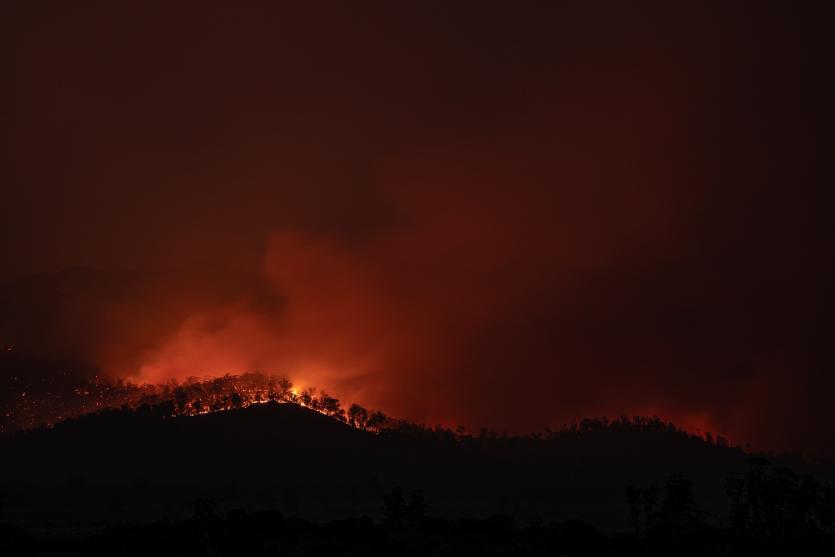Bushfire in Tasmania, Australia in 2021. Photo by Matt Palmer on Unsplash
By Patryk Krych | The World Daily | JUNE 20th 2022
The devastating bushfires that took place in Australia two years ago may seem like a distant memory to some, but for certain families in Australia, it’s an event they’re still struggling to recover from as the prices of building materials soar, and skilled construction workers are tougher to find, few and far between.
With the introduction of the new Australian Prime Minister Anthony Albanese, many are looking forward to a potential change in the country’s handling of the climate crisis – which was notably poor under the administration of past PM Scott Morrison. Albanese had even stated that the government is now very much willing to make the transition towards renewable energy across Australia.
On June 16, the executive secretary of the United Nations Framework Convention on Climate Change had received an updated version of Australia's Nationally Determined Contribution (NDC) under the Paris Agreement for the battle against global warming, from Albanese and Chris Bowen – the Minister for Climate Change and Energy – thus finally putting the country on track for achieving net zero emissions by 2050.
“It’s a very clear illustration of the concern that Australians have and their desire for climate action,” said CEO of the Climate Council, a non-profit organization dedicated to climate change communication, says Amanda McKenzie.
But with bushfires threatening to repeat themselves, how will future, and even present recovery go? Almost 3,000 homes were destroyed during the late 2019 Australian bushfires, and thousands of families were thus displaced. 35 million hectares of land were burned, and much of the land is still in recovery. As for the people, many are still struggling to get their lives back on track. Especially with the rising prices of building materials.
“[It’s] from COVID and from the ties with China breaking down and now with Russia as well,” said Mallacoota-based carpenter, Farrell Spence-Henderson. “It’s changed the demographic of all the pricing and all the materials because everyone’s cutting each other off. It’s just getting harder and harder.”
Trade between Australia and China has been suffering over the past two years, especially since Beijing had blocked imports from Australian industries. Further issues like the detention of Australian citizens in China, and the demands for an independent investigation into sources of the coronavirus had only worsened relations.






